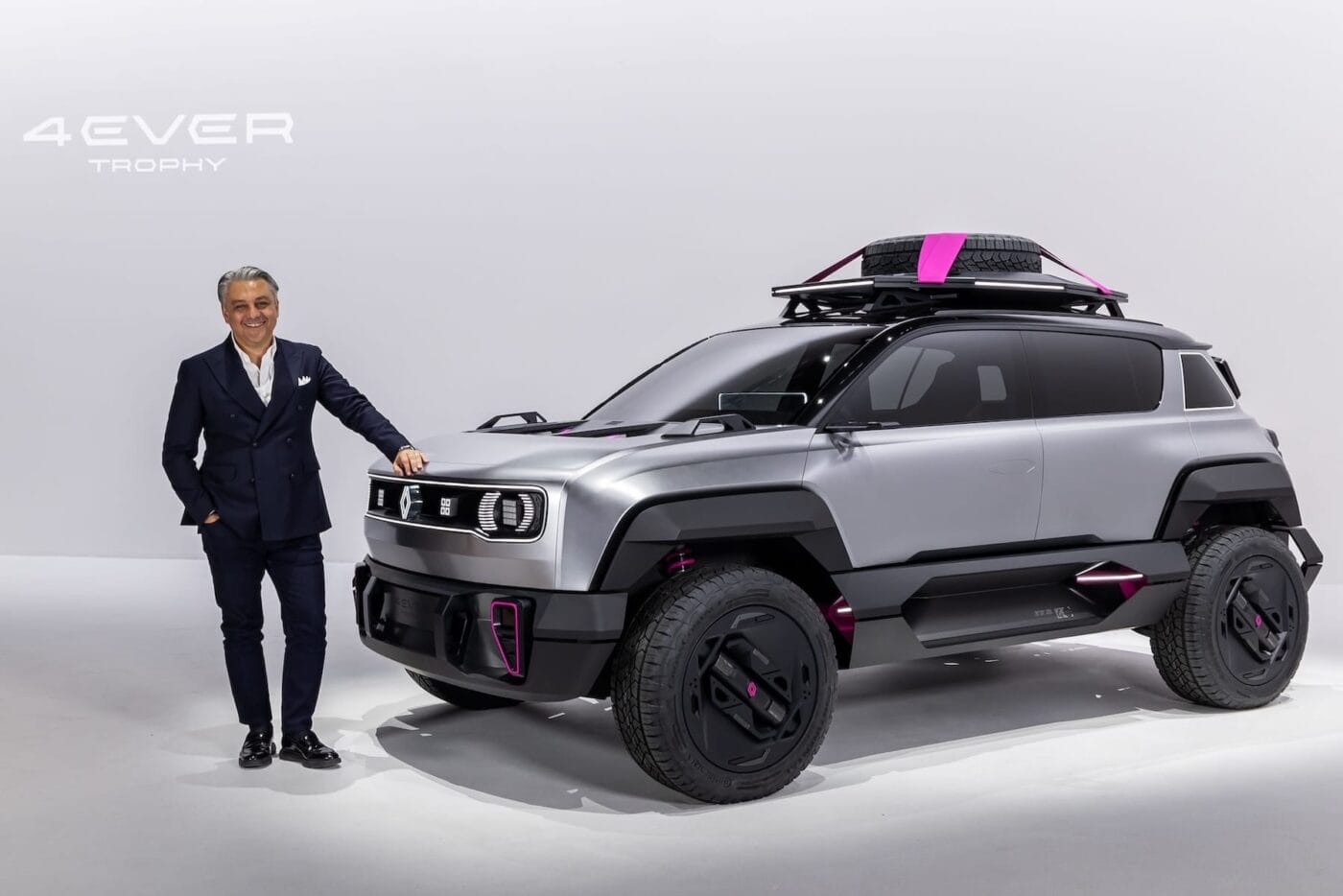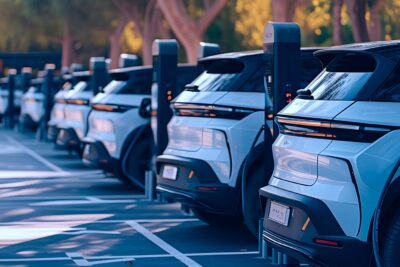Renault CEO Luca de Meo moves to Gucci parent firm Kering
Luca de Meo announced his resignation in order to pursue new challenges outside the automotive industry, according to Renault. According to the French newspaper Le Figaro, Luca de Meo is to take over the management of Kering, the luxury goods group owned by billionaire Francois-Henri Pinault. Pinault is still both Chairman of the Board of Directors and CEO of the group, but apparently wants to separate the posts and make Luca de Meo the new CEO. As an Italian who has managed a French group for years, de Meo is likely to be a particularly suitable candidate to lead the French Kering Group, whose most important driving force is the Italian brand Gucci. Moreover, Luca de Meo comes from the fashion metropolis of Milan.
The Renault Board of Directors, led by Jean-Dominique Senard, thanked Luca de Meo for the restructuring and transformation of the Renault Group and accepted that his departure will take effect on 15 July 2025. Luca de Meo will continue to fulfil his duties until this date. A successor to Luca de Meo as CEO of Renault has not yet been appointed. On 1 April 2025, Luca de Meo had already handed over the management of Renault’s electric car division Ampere to Josep Maria Recasens.
Enabling a new growth trajectory
“For five years, Luca de Meo has worked to restore Renault Group to its rightful place. Under his leadership, our company has returned to a healthy foundation, boasts an impressive range of products and has resumed growth. Besides being an exceptional captain of industry, Luca de Meo is also a creative, committed, passionate and inspiring individual,” said Jean-Dominique Senard, Chairman of the Board of Directors.
Luca de Meo added: “There comes a time in one’s life when one knows the job is done. At Renault Group, we have faced immense challenges in less than five years! We have achieved what many thought impossible. Today, the results speak for themselves: they are the best in our history. We have a strong team and an agile organization. We also have a strategic plan ready for the next generation of products. That is why I have decided it is time for me to hand over the baton. I am leaving a transformed company, poised for the future, to apply my experience to other sectors and embark on new adventures.”
Born in Milan in 1967, Luca de Meo began his professional life at Renault, then made a career at Toyota Europe and Fiat. In 2009, he joined the Volkswagen Group, where he initially headed the Volkswagen brand, later became a member of the Board of Management for Marketing and Sales at Audi and was most recently CEO of Seat.
Luca de Meo proclaimed the ‘Renaulution’
Luca de Meo then became CEO of the Renault Group on 1 July 2020 during a period of profound crisis. At the time, the company recorded a historic loss of around eight billion euros. Under his leadership, Renault achieved an impressive turnaround. The Group was already back in the black in 2021 and increased its operating margin to a record level of seven per cent by 2023. De Meo consistently focused on a strategic realignment, which he presented under the name ‘Renaulution’ in January 2021. The plan was divided into three phases: Revitalisation, Renewal and finally Revolution, with the aim of transforming Renault from a volume-oriented car company into a profitable technology company.
A central component of his strategy was the reorganisation into specialised business units. Among other things, de Meo founded the subsidiary ‘Ampere’, which focuses entirely on the development and production of electric vehicles, as well as the joint venture ‘Horse’ with Geely and Aramco to outsource the combustion engine business. At the same time, he massively advanced the electrification of the portfolio: models such as the Renault 5 E-Tech, the upcoming R4 and a planned Twingo under 20,000 euros are intended to establish the brand in the European electric car market. The aim is to have an all-electric model range in Europe by 2030.
Innovations, but also job cuts
De Meo also set new standards in the areas of sustainability and recycling management: With the Re-Factory in Flins, Renault established a centre for remanufacturing and recycling that is unique in Europe. At the same time, software development and partnerships were stepped up, for example, as part of the ‘Software République’. At the same time, de Meo optimised the Group structure, reduced the model platforms and cut costs through a strict efficiency policy. This also included the painful reduction of around 15,000 jobs worldwide.
In addition, he strengthened the Alpine performance brand, both strategically as an independent brand and sportily in the motorsport environment. Alpine recorded double-digit growth, while a new, more cost-efficient strategy was pursued in the Formula 1 sector.
renaultgroup.com, lefigaro.fr (in French)





0 Comments